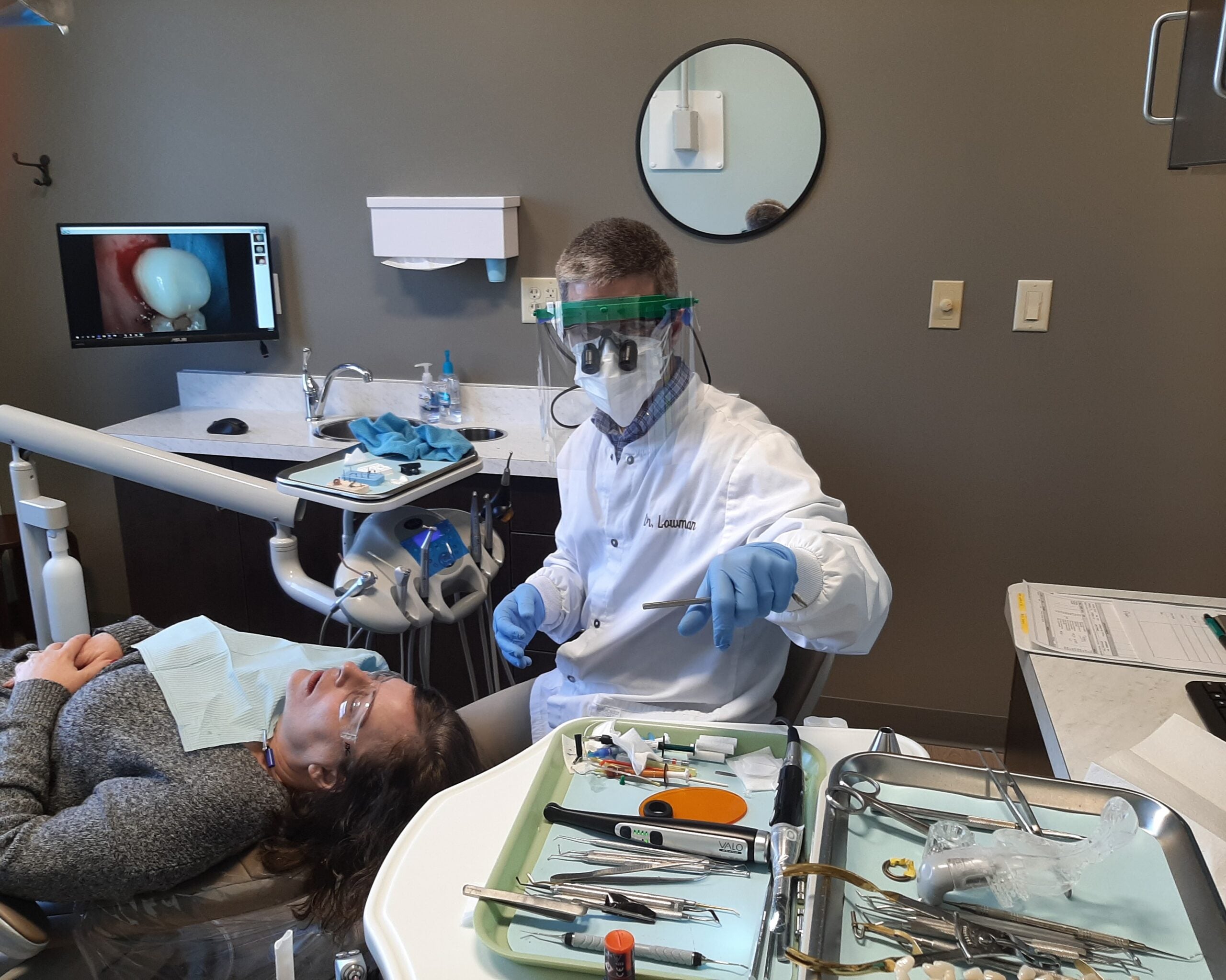Members of the Group Insurance Board voted Wednesday to make changes that are expected to save the state millions in health costs over the next two years, while not increasing premiums in 2018 for state employees.
However, local government employees and retirees who participate in the State of Wisconsin Group Health Insurance Program will have an overall 3.3 percent premium increase.
Gov. Scott Walker is counting on saving $60 million in health insurance costs in his budget, which lawmakers are still considering. To do that, Walker sought to switch from a fully insured program to a self-insurance model where the state would pay employees medical bills directly.
Stay informed on the latest news
Sign up for WPR’s email newsletter.
But lawmakers on the Joint Finance Committee were skeptical and rejected the change in June. Instead, lawmakers directed the Group Insurance Board to dip into reserves and negotiate better rates with insurers.
Lisa Ellinger directs the state Department of Employee Trust Funds’ Office of Strategic Health Policy. At Wednesday’s meeting, she said they took an “aggressive” negotiating stance with insurers.
“And the end result was we found how far we can push the health plans financially until it is no longer a wise business decision to participate in our program,” Ellinger said.
Six insurers are leaving the state insurance program in 2018. That means 42,000 employees will have to choose a different insurer. Fewer than 2 percent will have to find a new primary care doctor, according to the Group Insurance Board’s consultant, Segal.
The six plans leaving the state insurance program are Anthem Blue Preferred Northeast, Arise Health Plan, Health Tradition Health Plan, Humana Eastern and Western, UnitedHealthcare of Wisconsin and WPS.
Ten insurers will remain in the program, which covers about 250,000 state and local government employees. Maps of each service area and a provider directory will be on the state Department of Employee Trust Funds’ website by Friday, Ellinger said.
Within those employees in the program, 90,000 members who are now insured by Unity Health Insurance, Physicians Plus and Gunderson Health Plan will be covered by Quartz, unless they choose a different insurer.
“These are changes for 2018,” said Group Insurance Board member Stacey Rolston. “It’s the board’s decision whether or not we continue to pursue self-insurance. To me the issue of self-insurance versus fully insured goes to what type of benefit package are we trying to deliver to our members? We have a very good program. It’s my duty to protect that program but also to deliver the most cost effective method as possible, so I hope that we continue to explore those things in the future.”
The drawdown of $29 million from the $184 million in reserves next year will keep premiums flat in 2018. The board will dip into reserves in 2019, but premiums are expected to go up.
“We received a lot of inquiries (from lawmakers) about the reserve that we had,” Robert Conlin, secretary of the state Department of Employee Trust Funds, told board members. “‘Boy, that’s a lot of money. You could maybe lower premiums just by using that reserve.’ I suspect if we hadn’t had a reserve, we would have gotten a lot of questions about not having a reserve and wanting to go to self-insurance. So we were kind of in a no-win situation there.”
The board has used reserves in the past to smooth out premium increases. But board member Michael Heifetz cautioned against taking the drawdown of reserves lightly.
“We may have moved on from a difficult situation now, but this could place us in one in the future,” Heifetz said.
Wisconsin Public Radio, © Copyright 2024, Board of Regents of the University of Wisconsin System and Wisconsin Educational Communications Board.






